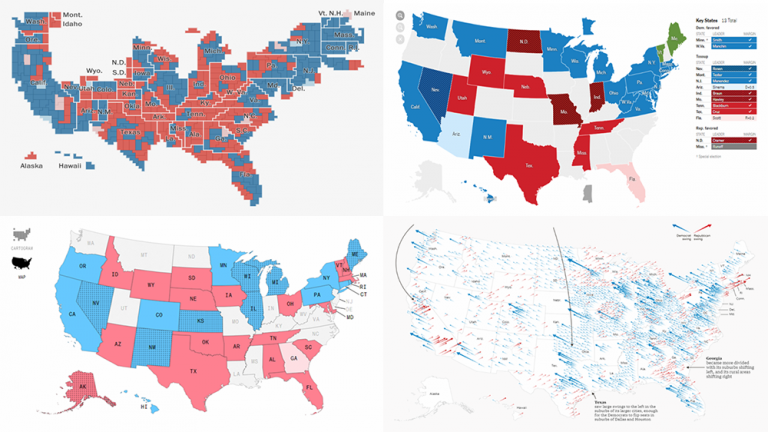

This is especially true for the one- and three-month periods following midterm elections, which historically have significantly outperformed years with no midterm election. The S&P 500 has historically outperformed the market in the 12-month period after a midterm election, with an average return of 16.3%. The post-midterm election period is a very different story. Post-midterm election stock market performance.The average annual return of the S&P 500 in the 12 months before a midterm election is 0.3%-significantly lower than the historical average of 8.1%. The S&P 500 Index has historically underperformed in the year leading up to midterm elections. Pre-midterm election stock market performance.

Stock market performance during midterm election years can be separated into two categories: pre-midterm election and post-midterm election. Stock market performance in midterm election years While past market performance is no guarantee of future results, analyzing historical data offers insights into how midterm elections might affect the market and your investment portfolio in the coming year and beyond. Bank analysts studied Bloomberg market data from the past 60 years (and the 15 midterm elections held during this period) to identify midterm election cycle patterns. But how do these elections affect the stock market? And how does that affect you and your investments? This can have a significant impact on policy, laws and foreign relations. Senate and House of Representatives have the potential to shift control of Congress.

Current ranking member Adam Schiff would likely take on the role of chair. That's been a rallying cry in the House that Blackburn may well amplify in the Senate.īut the biggest shift will undoubtedly come in the House, where Democrats will take over control of the House Intelligence Committee, which was tasked with investigating foreign interference in American elections. On the campaign trail, she took every opportunity to criticize the tech industry for alleged liberal bias. Backed by the telecom industry, she opposed net neutrality protections and voted to overturn an Obama-era rule that would have required broadband providers to get people's permission before selling their browsing data. As a House representative, Blackburn battled tech giants at nearly every turn. Marsha Blackburn, for one, won her race in Tennessee. The tech industry also faces a notably less cozy environment in the Senate after Tuesday night. It's unclear at this stage whether a Democratic House would let President Trump be the one to sign off on such a historic law. Tech giants and industry groups like the Internet Association have been lobbying hard for a federal bill, and senators on both sides of the aisle have expressed support for some federal legislation. The bad news: There are some regulations that the industry desperately wants to pass, namely, a federal privacy bill that would preempt a much tougher bill in California, set to go into effect in 2020.


 0 kommentar(er)
0 kommentar(er)
